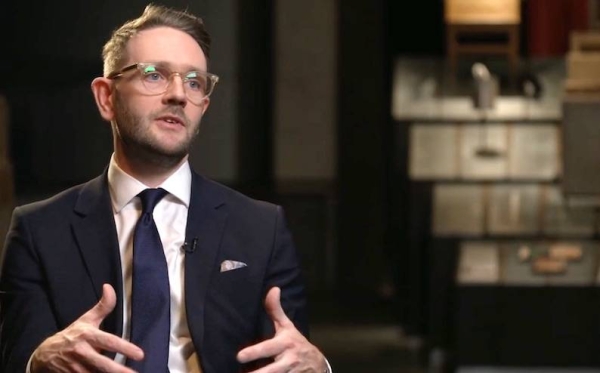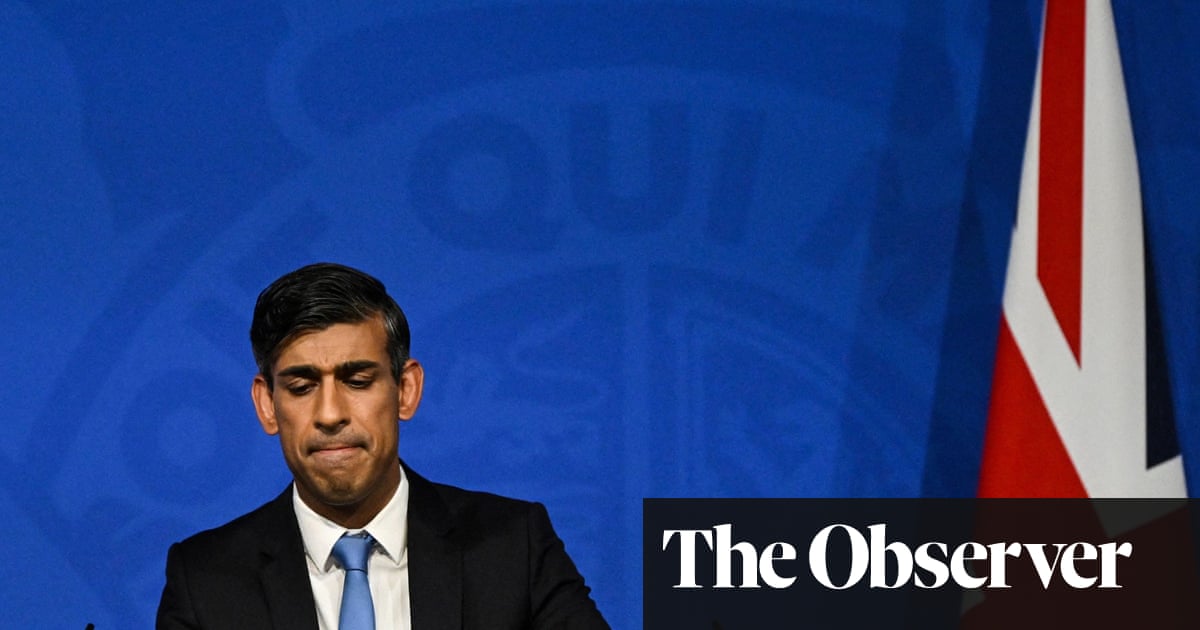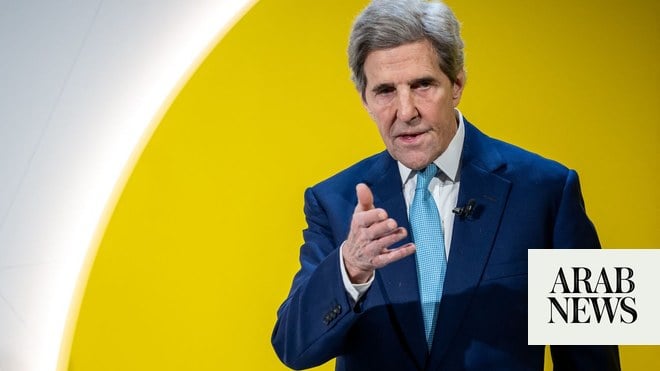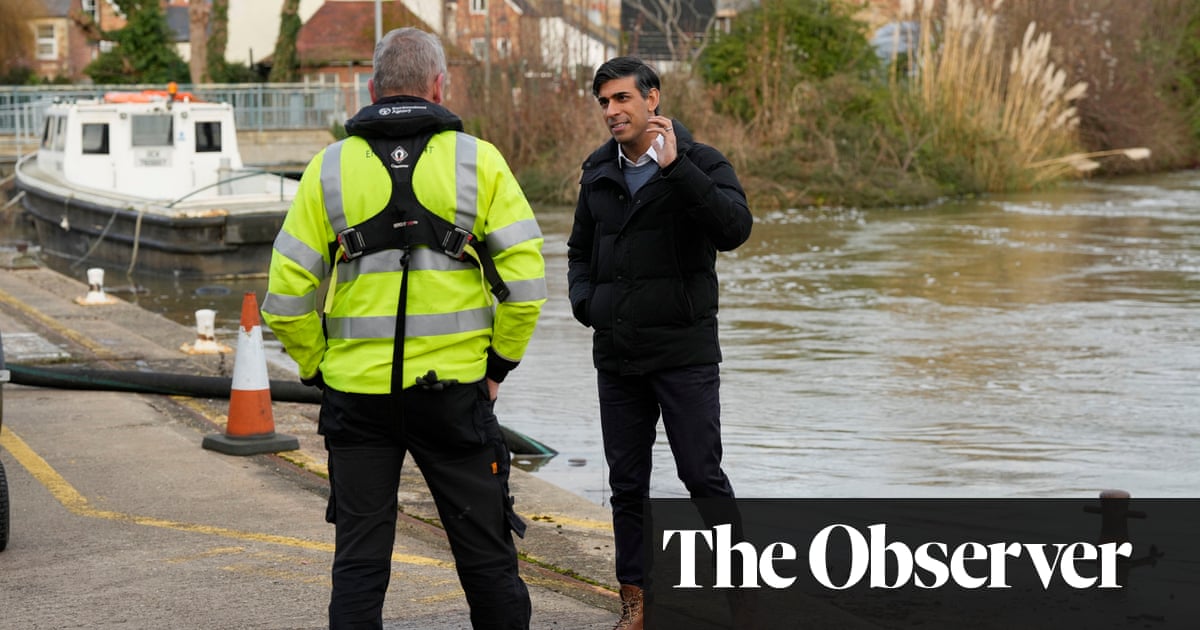
British Prime Minister Rishi Sunak has "set us back" on climate change and left the UK at risk of falling behind other countries, the head of a government watchdog has said.
Chris Stark, head of the Climate Change Committee (CCC), told the BBC the prime minister had "clearly not" prioritized the issue as much as his predecessors.
He accused Sunak of sending the world a message that the UK is now "less ambitious" than it once was.
A government spokesperson said: "Our record on net zero speaks for itself."
Stark said the country had made enormous progress towards reaching the climate target of net zero by 2050 under Theresa May and Boris Johnson.
But Sunak"s Downing Street had sent a message to the rest of the world that "the UK is less ambitious on climate than it once was, and that is extremely hard to recover".
Reaching net zero means no longer adding to the total amount of greenhouse gases — such as carbon dioxide and methane — in the atmosphere. The government is bound to this target by law.
The CCC is a statutory body that gives independent advice to ministers and assesses progress on targets.
A government spokesperson told the BBC: "We are the first major economy to halve greenhouse gas emissions since 1990 and have set into law one of the most ambitious 2035 climate change targets of any major economy," referring to the target to cut emissions from manufacturing by about two-thirds by 2035.
"But we need to reach our net zero goals in a sustainable way, so we have taken action to protect our energy security, ease the burdens on hard-working people and provide transparency about the choices involved so that we bring people with us in meeting our climate targets."
In the autumn, Sunak delayed a ban on new petrol and diesel cars, and weakened targets on phasing out gas boilers, as part of a major shift in green policy.
"I think it"s set us back," Stark said.
"So I think we have moved from a position where we were really at the forefront, pushing ahead as quickly as we could on something that I believe to be fundamental to the UK economy, fundamentally beneficial to the people living in this country, whether you care about the climate or not."
He said the UK had been successful in "decarbonizing how we generate electricity, especially by closing coal-fired power plants".
But to get to net zero, more needs to be done on "how we heat homes, or how we deal with the industrial emissions that we have in this country, what we do with farming [and] transport systems".
"It"s in those other areas that we see the gap," he said.
Stark also said it was "desperately disappointing" that the SNP government in Edinburgh had ditched one of its climate targets this week. But he said the targets had been "over-ambitious" from the start.
"I love ambition, but it only matters if you actually deliver against that," he said.
"Now what we"ve seen in this week is desperately disappointing from the Scots, they"ve pulled away essentially the target framework, almost in its entirety, leaving the net zero target, but removing the targets for 2030 and 2040.
"And the reason they"ve done that is because the 2030 target was over-ambitious."
A Scottish government spokesperson told the BBC: "Scotland"s 2045 net zero target is not changing.
"The proposed new bill will retain our legal commitment to 2045 alongside annual reporting on progress, while introducing a target approach based on five-yearly carbon budgets — an approach utilized in both the UK and Wales, and which aligns with the nuanced and practical approaches to reducing emissions advocated by the Climate Change Committee.
"Our legal commitment to reach net zero by 2045 steadfastly remains, and with emissions in Scotland already nearly cut in half, we are well positioned to continue leading on climate action that is fair, ambitious and capable of rising to the emergency before us."
Stark, who is standing down from his job, called on Labour leader Sir Keir Starmer to be more "bold" when it comes to climate change.
"You regularly hear Ed Miliband [the shadow net zero secretary] talk about the transition, of course, on the Labour side, but Keir Starmer, of course, doesn"t talk about it quite so much," he said.
A Labour party spokesperson said the party"s "number one mission is growing the economy to boost living standards for everyone, everywhere".
"Keir Starmer has repeatedly spoken about how decarbonizing our economy is one of the many ways we will achieve this. With Keir Starmer"s leadership, Labour is offering the most significant investment in clean, homegrown energy in British history and providing global leadership in tackling the climate crisis."
Stark said politicians in the UK across the spectrum have a "collective fear" of talking about climate change.
"You look out your window and you see we"ve had, you know, the wettest 18 months ever in this country, we"ve got the hottest year on record in the last 12 months.
"I think people around the world know climate change is happening, but there is definitely a fear of talking about it in British politics at the moment."
He cautioned against leaving a "vacuum" where climate change denial could creep in. — BBC












